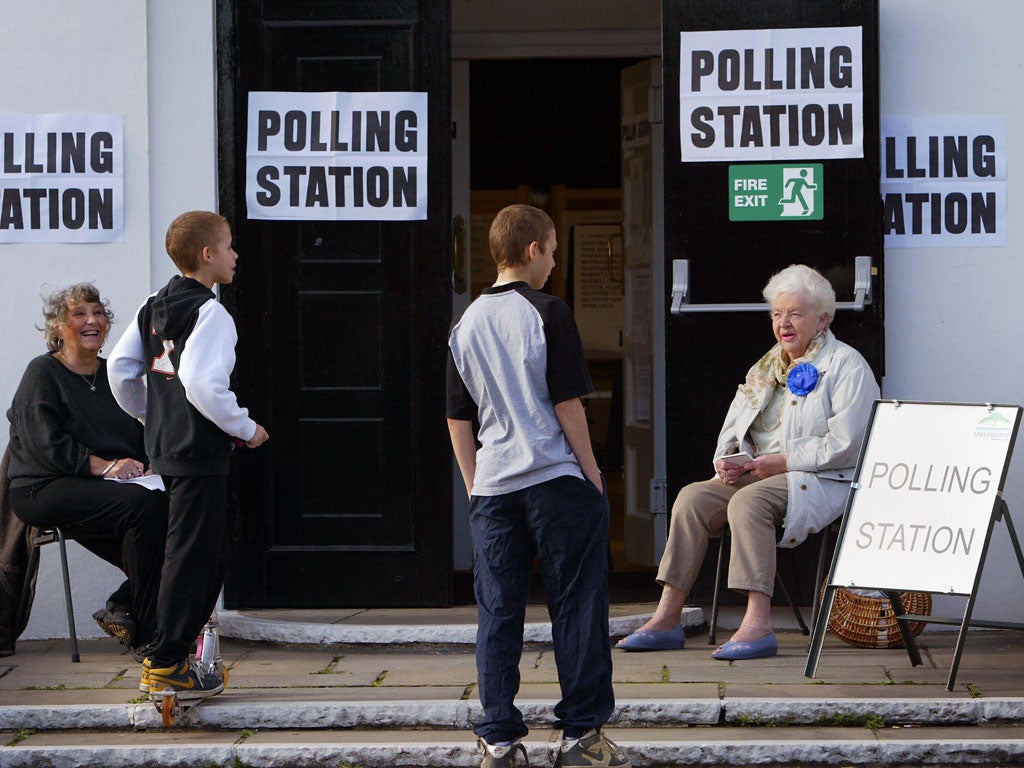Lowering the voting age is a great idea, but cynical stunts won’t fool 16-year-old voters
Manipulating teenagers could make a mockery of a historic moment in our politics

Personally, I enjoy nothing more than kicking back on Thursday lunchtimes to catch First Minister’s Questions from Holyrood. Although I haven’t yet had the chance to vote, having only recently turned 18, there is little on this planet more stimulating for me than watching Alex Salmond bicker with MSPs over education, healthcare and the economy. However, for some peculiar reason, political interest among my teenage peers, indeed among the rest of the population, is not high.
Lowering the voting age across the UK would be a step forward. It might not shake up British politics to the same extent as a new electoral system or a more accountable second chamber in Westminster. But firmly engaging with younger people could only be a sensible move.
Why then do I find the news that 16-year-olds are to be given the vote in the referendum on Scottish independence disconcerting? It comes down to objectives, not the object itself. Broadly, this is a progressive and forward-thinking idea. In this case, however, Alex Salmond’s motivations lie far from reform. Allowing more impressionable minds to participate in the ballot is a calculated move. Polling suggests that the teens who would vote are more likely to favour separation.
Yet, what about those who don’t bother? Why are there millions of future voters who watch The X Factor religiously but couldn’t tell you the name of a single minister? We live in a nation where, should pop band One Direction ever consider entering politics, they could probably instigate a larger revolution than the Arab Spring. Most young people respect Gary Barlow more than any member of the UK’s national assemblies or parliaments. Yet, this shouldn’t prevent them from wanting to get out and vote – they could prevent the very people they seem to hold in such contempt from regaining power.
Granted, political disenfranchisement is not limited to youth. The 2010 general election saw just 65 per cent of all voters turn up at a polling station, and this was deemed by some to be a success. But starting the engagement process at a young age, with considerable time and money spent on educating and exciting my generation about the prospect of individual democratic power, could begin a chain reaction. Empowering the teenagers of today would engage and involve the adult workers of tomorrow.
Don’t believe the disparagers – younger voters could one day unprecedentedly enhance national ballots. It is a shame that on this occasion attempting to manipulate teenagers for ideological gain has the potential to make a mockery of an undeniably historic moment in modern British politics. Alex Salmond may well have made a fatal error in underestimating the youth of his country.
Callum Jones is Political Reporter for First News children’s newspaper

Join our commenting forum
Join thought-provoking conversations, follow other Independent readers and see their replies